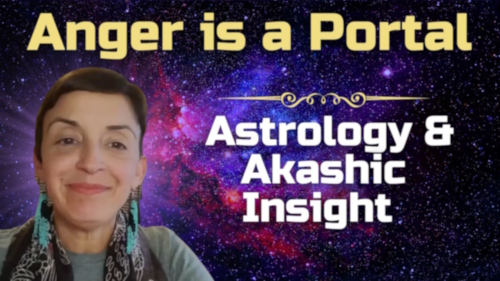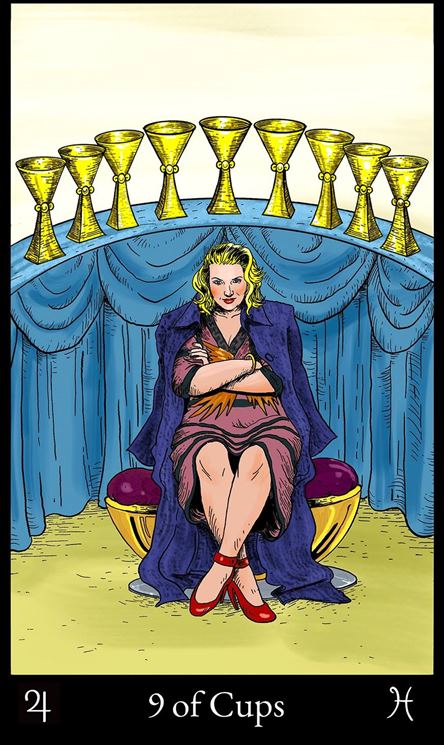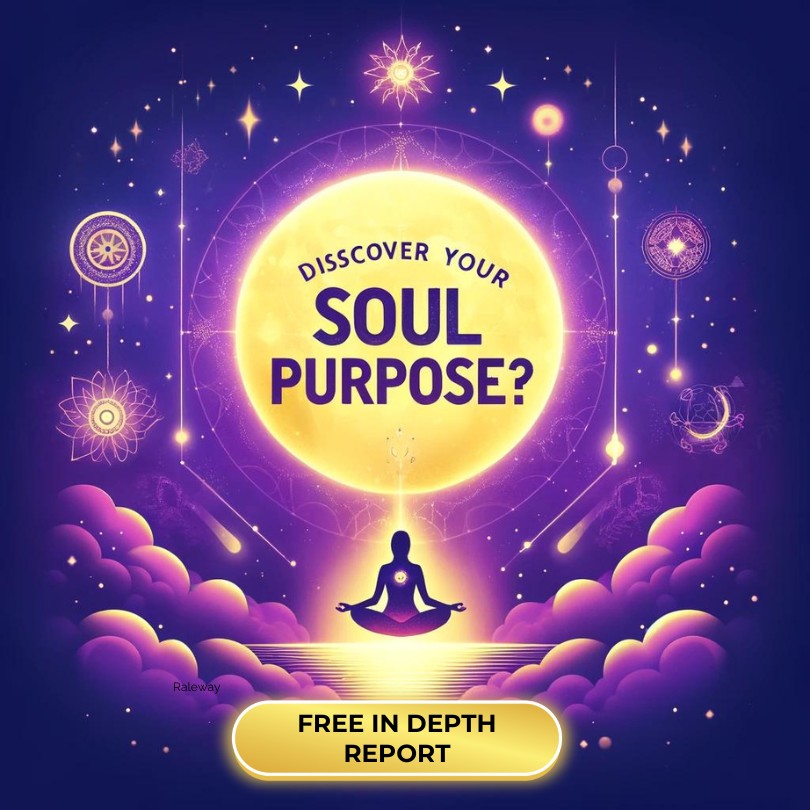Juno Opposition Saturn ~ Planet Aspects

"I am capable of embracing the challenges of commitment and freedom, and finding a harmonious balance that allows for growth and happiness in my relationships."
- Exploring relationship dynamics
- Balancing freedom and commitment
Juno Opposition Saturn Opportunities
- Seeking inner balance
- Exploring personal needs and desires
Juno Opposition Saturn Goals
Juno Aspects
Juno: The Covenant of Partnership
In the natal chart, Juno, named after the Roman goddess of marriage and commitment, signifies the nature of one's ideal partnership and the qualities one values in long-term commitments. It delves deeper than just romantic inclinations, revealing insights into how an individual perceives loyalty, what they expect in terms of fairness within a union, and their innate approach to contracts, be they marital or otherwise. Juno's position by sign can indicate the kind of partner one is drawn to or the style of partnership that resonates most deeply. For instance, Juno in Leo might seek a dramatic, passionate, and loyalty-driven relationship, while Juno in Gemini might prioritize intellectual rapport and communication.
Juno's Sacred Vows
Beyond sign placement, the house Juno occupies shows the arena of life where one seeks deep commitment and where themes of contractual bonds might play out. For instance, Juno in the 10th house might indicate a person whose commitment is closely tied to their career or public life, perhaps suggesting business partnerships or a marriage that holds significant public importance. Aspects to Juno, whether harmonious or challenging, reveal nuances in how one navigates long-term commitments. A square to Venus might suggest tensions in balancing personal desires with partnership obligations, while a trine to Mercury could point to a harmonious communicative bond with a partner. Juno's intricate dance in the natal chart sheds light on the sacred vows one is inclined to make and the nature of the unions one seeks.
Juno Opposition Saturn Meaning
With Juno Opposition Saturn, you may find yourself grappling with an inner conflict between the need for commitment and the fear of restriction. This aspect urges you to seek a balance between the desire for a deep and meaningful partnership and the need for personal freedom and independence.
Instead of viewing this aspect as a predetermined obstacle, consider it as an opportunity for growth and self-reflection. Reflect on how your past experiences have shaped your beliefs about relationships and commitment. Are there any fears or limiting beliefs that may be holding you back from fully embracing the idea of a committed partnership?
Take time to explore your own needs and desires in relationships. What does commitment mean to you? Are there any areas in your life where you feel restricted or confined? By examining these aspects, you can gain insight into how to create a partnership that allows for both commitment and individual freedom.
Remember that relationships are a journey of growth and self-discovery. Embrace the challenges that arise and use them as an opportunity to deepen your understanding of yourself and your partner. How can you find a balance between commitment and independence that allows both you and your partner to thrive?
Juno Opposition Saturn Keywords
For more information on your birth or transit aspects to discover your true potential, check out our captivating, interactive, and completely free love report. Learn how your empathetic nature shapes your interactions and enriches your relationships.
Our intuitive, user-friendly layout guides you through each aspect of your spiritual vision, making it effortless to pinpoint areas where you might need guidance in decision-making. By using your precise birth details, we ensure unmatched accuracy, delving deeper with the inclusion of nodes and select asteroids. Experience insights and revelations far beyond what typical reports and horoscopes offer.












































